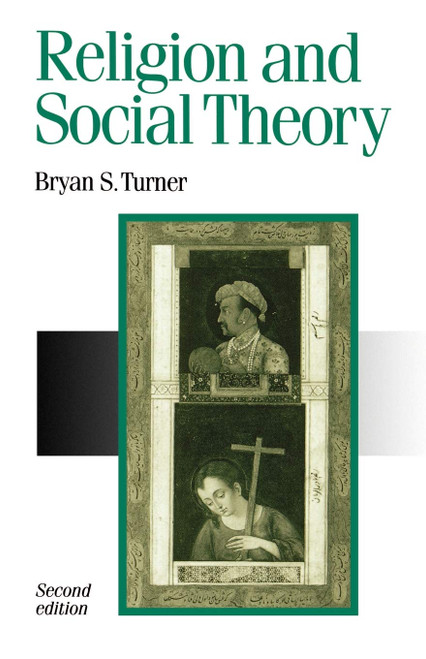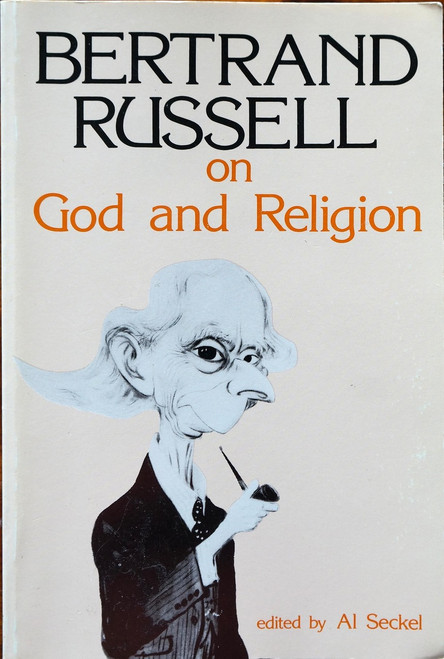In Religion and Social Theory, sociologist Bryan S. Turner examines how religion functions within society through the lenses of major thinkers including Engels, Durkheim, Weber, Nietzsche, Freud, Parsons, Marcuse, Habermas, and Foucault.
Turner develops his own sociological perspective on religion as an institutional link between economic systems and human reproduction, offering a comparative and historical analysis of Judaism, Christianity, and Islam.
This second edition features a substantial new introduction and remains an essential text for students and scholars in sociology of religion, social theory, and comparative religion.
Editorial Reviews
"This perceptive and wide-ranging book embraces a number of distinctive themes... one of the most stimulating books in the field for a long time" —British Journal of Sociology
"Turner writes... with much more analytical penetration and sensitivity to historical variation and conjuncture than is to be found in the vast majority of sociological writings of our time on the theme of religion" —Theory, Culture & Society
About the Author
Bryan S. Turner is Professor of Sociology in the Asian Research Institute (ARI) at the National University of Singapore. Previously he was Professor of Sociology in the Faculty of Social and Political Sciences at the University of Cambridge from 1998-2005. His research interests include globalization and religion, concentrating on such issues as religious conflict and the modern state, religious authority and electronic information, religious, consumerism and youth cultures, human rights and religion, the human body, medical change, and religious cosmologies. He is Joint Chief Editor of the journal Citizenship Studies and serves on the editorial boards of several prestigious journals. His previous books include Weber and Islam (1974), The Body and Society (1984), Medical Power and Social Knowledge (1987), Nietzsche's Dance (with Georg Stauth, 1988), and Theories of modernity and Postmodernity (edited, 1990)







